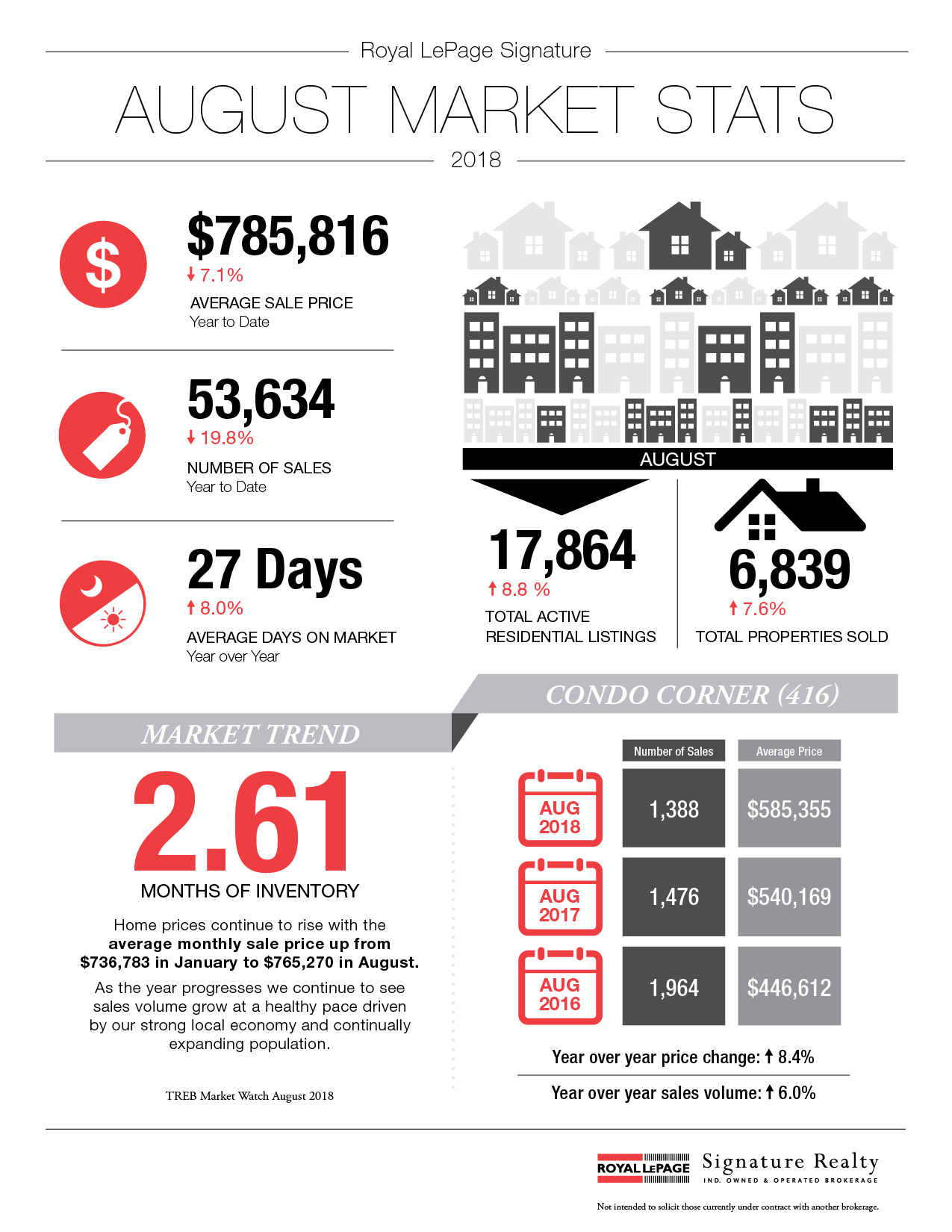In my recent blog post on real estate deposits (read it here) I answered some of the key questions that my clients often have: “How much should the deposit be?” “When is the deposit due?”
There’s another question that often gets asked and deserves a little attention here: “Does my deposit cheque need to be certified?”
In every MLS listing there’s a section towards the bottom for “broker’s remarks” (note: these remarks aren’t available on the public versions of listings).
It’s in this section where listing agents will specify things like showing restrictions, offer dates, etc.
And it’s here that we’ll often see the instruction, “deposit to be certified”.
Why Does The Seller Want My Deposit Cheque To Be Certified?
A seller wants a certified cheque because it gives them greater peace-of-mind than a standard personal cheque does.
A certified cheque tells the seller a few very important things:
The buyer went to the trouble of walking into a bank and paying $5.00 - $10.00 to have the cheque drawn up.
The buyer is serious and is submitting their offer with the genuine intent of purchasing.
The buyer does indeed have the deposit funds available.
The cheque can be deposited immediately into the Listing Brokerage’s trust fund and there’s no worry as to whether or not the funds will clear.
Not to say that a buyer who's only providing a personal cheque isn't serious or doesn't have the funds available...
It's just that a certified cheque holds more weight in most sellers' eyes.
Give Yourself The Upper Hand When Competing With Other Buyers
In a seller’s market, where buyers are doing everything they can to set their offer apart from the competition, having the deposit certified is a must.
I’ve seen a buyer with the highest offer actually lose out to someone with a lower offer simply because the lower offer came with a certified deposit cheque.
In this case, the seller wanted to rest easy that night knowing that it was a done deal and he was willing to pay (in the form of selling for a bit less) for that peace-of-mind.
Can I Provide A Bank Draft Instead?
In my experience, a bank draft is just as good as a certified cheque.
I’ve never had a listing agent show preference of one over the other and both seem to hold the same weight with sellers.
And bank drafts are sometimes a bit cheaper/easier to obtain (be sure to check with your banker which option is best for you).
If you’re thinking of making a move and would like to know how we can help, contact us for more info.


































































